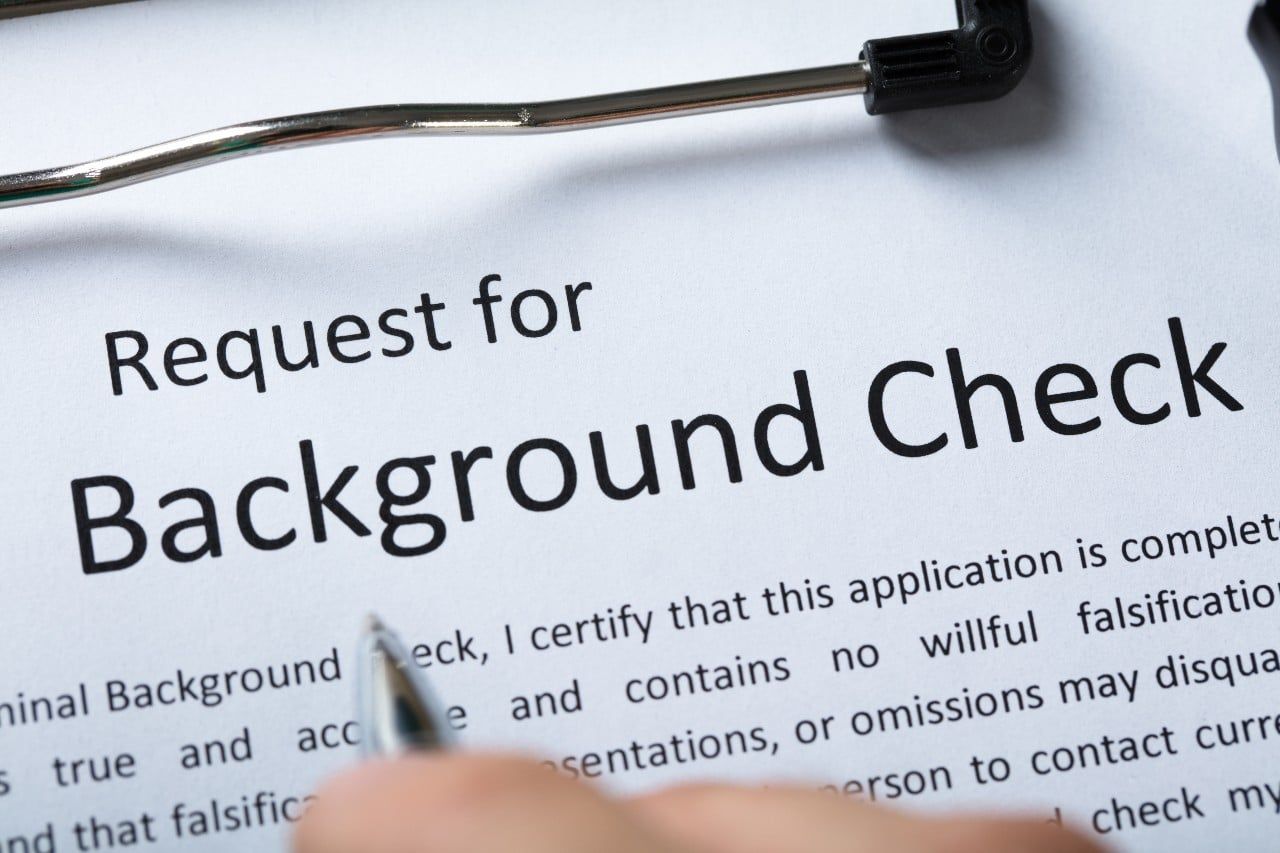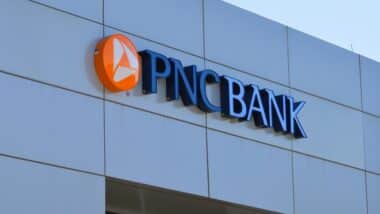 Although Federal Housing Administration (FHA) loans that closed after Jan. 21, 2015 should not have prepayment penalties, many consumers are claiming that they have been charged too much for paying off their home loan early.
Although Federal Housing Administration (FHA) loans that closed after Jan. 21, 2015 should not have prepayment penalties, many consumers are claiming that they have been charged too much for paying off their home loan early.
Charging a prepayment penalty for an FHA loan is a violation of federal law. Victims of illegal prepayment penalties on FHA loans may be able to recoup compensation for this violation. Consumers have filed lawsuits against many mortgage lenders, alleging that these financial institutions may have charged them illegal fees.
Attorneys partnering with Top Class Actions are investigating several mortgage lenders for this behavior, including Regions Bank. If you have been charged an illegal prepayment penalty, a qualified attorney may be able to help.
What are Loan Prepayment Penalties?
Most homeowners assume that once they pay off their mortgage, the interest charges associated with their loan also stop. However, for many homeowners according to fhaloan.com, these charges continue to be assessed for days or weeks after their mortgage has been paid off.
For borrowers of conventional loans, interest may continue to be assessed until the date that their loan was due to be paid off, regardless of whether they pay the loan off early. Although post payment interest charges are not intended to penalize the borrower for paying off their mortgage early, many homeowners felt that the interest charges assessed after their loans had been paid off were an unfair penalty. In 2015, federal regulations regarding FHA loans were changed to eliminate prepayment penalties for qualifying borrowers.
What are Federal Housing Administration Loans?
Federal Housing Administration or FHA loans are mortgage loans issued by FHA-approved lenders. These loans are insured by the Federal Housing Administration. FHA loans are designed for low and moderate income buyers, as they have lower requirements for both down payments and credit scores than most conventional loans. Borrowers who qualify for FHA loans may only need to put down 3.5 percent of the total value of their home as a down payment.
The Federal Housing Administration is an insurance program helping over 1 million borrowers a year to procure mortgage loans. The FHA program is attractive to lenders because of the minimal risk associated with its loans. Under the FHA program, borrowers pay premiums, and if they default on their payments, the FHA pays off their debts to their lenders.
Under 2019 FHA regulations, borrowers are able to borrow up to 96.5 percent of the total value of their home, and will need a credit score of 580 to qualify. Despite these low down payments, FHA lenders assume a low risk for these loans, because the FHA will pay a claim to them if the borrower defaults on their payment.
FHA Loan Regulations
According to federal laws governing FHA loans, these mortgages may not contain any unnecessary fees that would put extra financial strain on borrowers.
While borrowers of non-FHA loans may be subject to fine print clauses and confusing rules, borrowers of FHA loans do not have to worry about many of these issues. FHA loan regulations do not allow fine print clauses that give the loan officer too much power over the loan borrower.
Generally, it will be written into the loan contract if the borrower is required to pay a penalty for prepayment. However, home loan paperwork is often long, confusing, and full of legalese. Many first time homebuyers may find themselves feeling overwhelmed by their contract. Without paying strict attention to all the details of your loan paperwork, borrowers may not fully understand what they are agreeing to, and may be surprised later on by interest fees.
State laws often require loan officers to notify borrowers of prepayment penalties prior to the signing of the contract.
FHA home loans are prohibited from containing prepayment penalty clauses or due on sale clauses, a type of clause that requires borrowers to pay their loan off in full at the time that they sell their home, rather than signing the existing loan over to the new owner.
How is Mortgage Interest Calculated for Prepayment?
Prior to the law revision in 2015, borrowers who held FHA loans would be required to pay an entire month’s interest on their loan, regardless of what day of the month their pre-payment was made. FHA loans that closed before Jan. 21, 2015 are not subject to additional fees for early repayment. However, borrowers may still be required to pay the full interest due at the next installment due date. For example, if your monthly FHA payments are due on the 10th of each month and you make your payment on the first, you may still be required to pay the interest up until the 10th if your loan originated before Jan. 21, 2015.
Consumers found these interest charges to be unfair, and complained that they often lead to hundreds of dollars in extra charges. In 2012, homeowners who had FHA loans paid close to $450 million to their lenders in post-payment interest charges. According to the National Association of Realtors, prior to the revision of the law, more than half of FHA borrowers were paying hundreds of dollars of excess fees when they paid their mortgages off early.
Following the changes to the law made in 2015, lenders of FHA loans are now only allowed to calculate monthly interest charges based on the actual unpaid mortgage balance as of the date that the pre-payment is received.
Why Would Someone Pay Off Their FHA Loan Early?
According to Nerd Wallet, there are many reasons to pay off FHA loans prior to their due date. With FHA loans, mortgage insurance must be paid for the entire life of the loan. For conventional loans, mortgage insurance is only required until the borrower has paid at least 20 percent of the home’s value. After this amount has been paid off, borrowers can request that their lenders remove the mortgage insurance. Even if borrowers do not request it, lenders are required to remove mortgage insurance once borrowers have paid at least 22 percent of their home’s value.
However, with FHA loans, borrowers are on the hook for mortgage insurance through the entirety of the loan’s life. A monthly home insurance charge will be assessed for every month of the life of the loan, on top of the mortgage payment. Paying off your FHA loan early can help you to save on these monthly insurance costs, as well as the interest costs associated with your loan.
FHA Prepayment Lawsuits
Consumers have filed lawsuits against several banks, alleging that they have been charged post payment interest fees in violation of federal law. According to one class action lawsuit against Sun West Mortgage, the bank may have charged several customers interest on loans that had already been paid off.
Federal lawsuits have also been filed by Maryland counties against Wells Fargo and Bank of America, alleging similar illegal and predatory practices regarding prepayment penalties. U.S. Bank and Sun Trust Bank are also facing class action lawsuits accusing them of breaking federal laws regarding FHA mortgage loans.
While these big banks are already facing litigation, smaller or less well known financial institutions may also be guilty of breaking FHA laws and taking advantage of consumers. Attorneys with Top Class Actions are investigating whether Regions Bank may also have committed FHA regulation violations and charged consumers post-payment interest fees following the early closing of their loans.
What is Regions Bank?
Regions Bank is a financial institution headquartered in Birmingham, Ala. The bank operates approximately 1,500 branches in 16 states across the South and lower Midwest, including Alabama, Arkansas, Florida, Georgia, Illinois, Indiana, Iowa, Kentucky, Louisiana, Mississippi, Missouri, North Carolina, South Carolina, Tennessee and Texas. Regions provides consumer and commercial banking, wealth management, and mortgage products to thousands of consumers. As of 2018, Regions was worth over $125 billion in total assets, and was ranked 460th on the Fortune 500.
If the investigations into Regions reveal that the bank has been assessing prepayment penalties on FHA loans, thousands of consumers may have been affected by this practice.
What If I was Charged a Prepayment Penalty for an FHA Loan?
If you obtained your FHA loan after Jan. 21, 2015 and paid it off early, you should not be charged for interest past the payoff date. If you secured your loan before Jan. 21, 2015, you should still not be assessed a prepayment penalty, but you will have to pay some post-payment interest. Borrowers who hold loans originating before Jan. 21, 2015 will have to pay the full amount of interest according to their due date.
Borrowers who held FHA loans through Regions bank or another financial institution, and sold, refinanced, or paid off their loan after Jan. 21, 2015 may qualify to join a prepayment fee investigation if they were charged a post-payment interest fee after paying off their mortgage, in opposition to federal laws. If you are unsure whether or not a post-payment interest fee was assessed when you paid off your mortgage, attorneys partnering with Top Class Actions may be able to help you determine whether you qualify. Contacting an experienced attorney is the first step towards pursuing compensation for illegal fees and penalties that may have been assessed against you.
Join a Regions Bank FHA Mortgage Class Action Lawsuit Investigation
If you had an FHA mortgage loan with Regions Bank, and you sold, refinanced or paid off your mortgage early, you may have been charged a post-payment interest fee. If so, you may be owed money.
This article is not legal advice. It is presented
for informational purposes only.
ATTORNEY ADVERTISING
Top Class Actions is a Proud Member of the American Bar Association
LEGAL INFORMATION IS NOT LEGAL ADVICE
Top Class Actions Legal Statement
©2008 – 2025 Top Class Actions® LLC
Various Trademarks held by their respective owners
This website is not intended for viewing or usage by European Union citizens.














